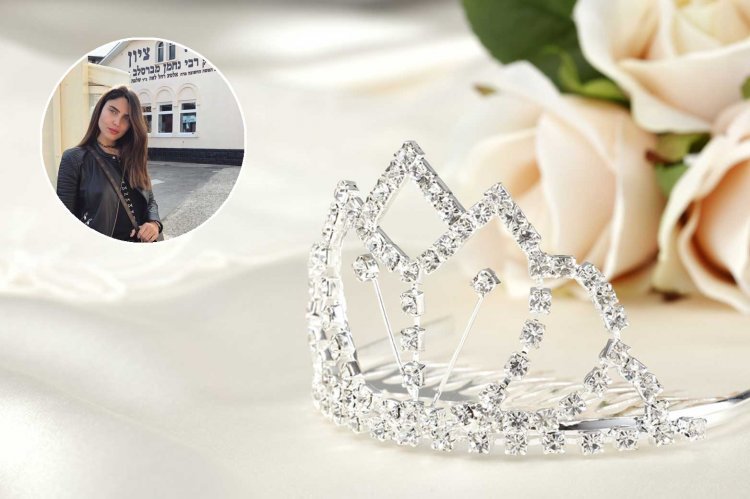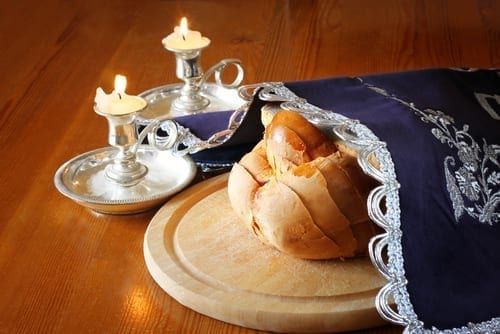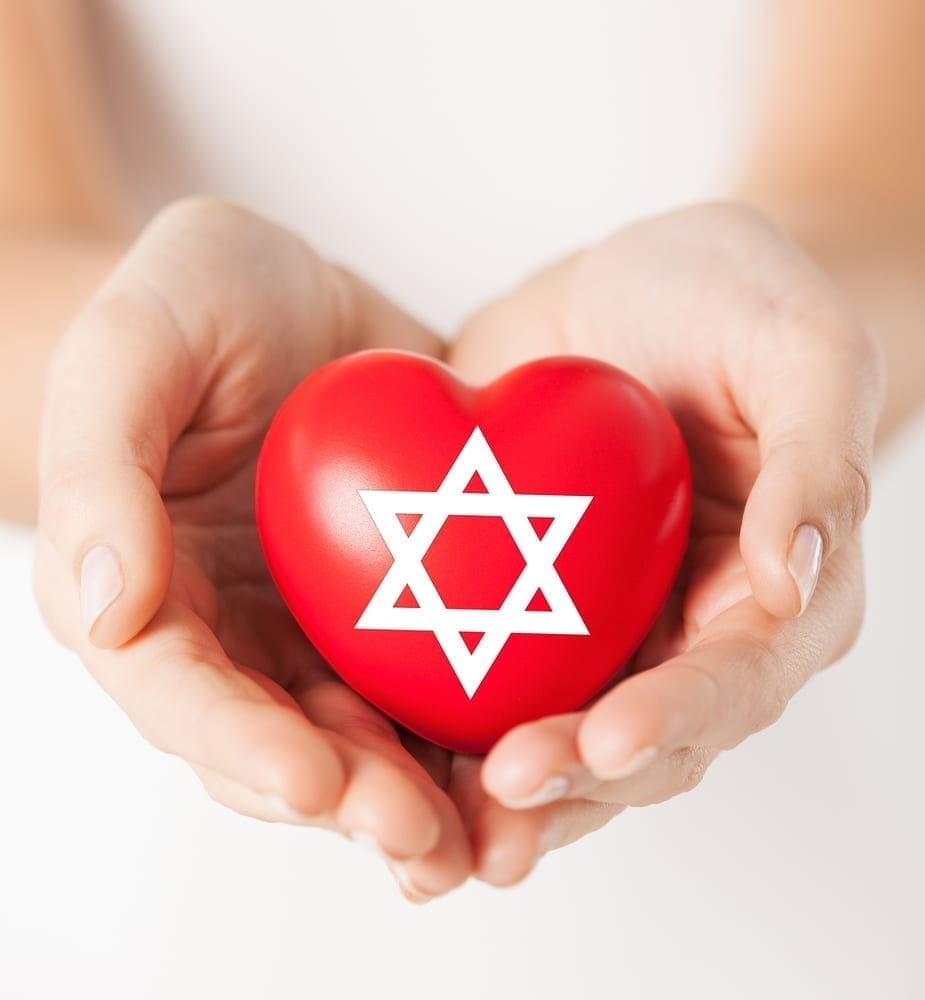Racheli Frankel, the mother of Naftali Frankel, May G-d avenge his blood, was forced into the limelight and symbolizes the collective unity that hugged our nation 3 years ago in the summer. Mrs. Frankel in an interview with Mako describes the pain of losing her son and relives those terrible days she’ll never forget.
The interviewer asks if Racheli ever planned to be a public leader and she answers simply: “I don’t consider myself a public personality. I see myself as the same person I was before that’s dealing with what reality placed before me. We try to work with what appeared at our doorstep. For 20 years I kept my maiden name Racheli Sprecher and one summer day I became Racheli Frankel. I was sure it would be temporary and I would soon disappear back into the anonymity of my maiden name but it didn’t happen. I’m not special in anything it was just a merit. I still get comments in the street and the entire country was with us for 18 days. We went through something together, it was their experience too.”
Racheli points out that being in the limelight doesn’t help in the private realm. “In the end, at your Shabbat table the wounds are yours and the longing is too. But the blessings too are yours and we merited thousands of different blessings. All the support was amazing and Naftali’s friends whom I love so much became brothers of my children.”
“We didn’t create this unity, the societal phenomena of mutual responsibility, solidarity and brotherhood of that summer washed over all of Israeli society cleansing it from its mud and dirt. When we picked up our heads and moved on from those days we felt a responsibility to preserve part of this and keep it alive. Something big happened here and it can’t be that it should just dissolve and disappear. We feel gratitude on a thousand levels. The fact that the pain of 3 families became the pain shared by an entire country is not self understood and we don’t take it for granted. The million dollar question is how do we take it into our daily lives and not just in emergencies?”
“I learned to cherish the small pleasures of a regular day”
“In all honesty I don’t need people to remember my son. I pray that he will continue to live in our family and his friends. I hope that we will remember who we are as a society and what we succeeded to do at that time. Racheli insists, “Look what we can do and what we should strive for.”
The interviewer asks if Racheli’s motherhood changed after the tragedy. Racheli answers: “I didn’t become more fearful but perhaps that’s because I’m foolish. I would like to say that I don’t get upset at silly things because life has its proportions but unfortunately, it’s not true. We try to flow with the natural flow of life. We long for the small things, not for the dramatic ones; for the wonderful and silly moments in daily life with the children. I learned to cherish the small pleasures of a regular day.”
Racheli is drawn to those trying days 3 years ago. “During those days the family and neighbors made sure we ate and the children went to sleep. We prayed and laughed about what we would be doing once Naftali came back home. I would always end my prayer, “And G-d should do as He sees fit” that we are optimistic but the outcome is not in our hands.”
The interviewer asks: “Some people react to tragedy by closing up in themselves. Others are catalyzed to do, change and create. On what do you think this depends?” Racheli answers: “I think it has to do with their personality and unique circumstances. There is no shortage of painful loss in the State of Israel: There’s army, terror, sickness and car crashes. Every loss is equal and I feel uncomfortable that we get attention as if our story is more worthy than countless other stories of painful loss. I’m not comfortable with this. My children are no better than anyone.”
“What I can say is that something big and unique happened that the Nation of Israel successfully brought out of itself that summer. Our society can grow from remembering what happened at a certain period in time. My personal wound is the same but I was given the opportunity to open a window to the beauty of our society. I can’t be cynical when getting such a big hug from the nation of Israel and its ability to unite and be there for each other.”
“Where do you see yourself in ten years’ time family wise, public wise and society wise” the interviewer asked? Racheli contemplates for a few moments and answers: “Wherever G-d will place me. I flow with G-d.”





